Agrobiodiversity is at the heart of our science, yet it faces increased threats by climate change and human activities. Our genebanks in Lebanon and Morocco are vital repositories of resilient plant traits crucial for developing future climate-smart dryland crops.
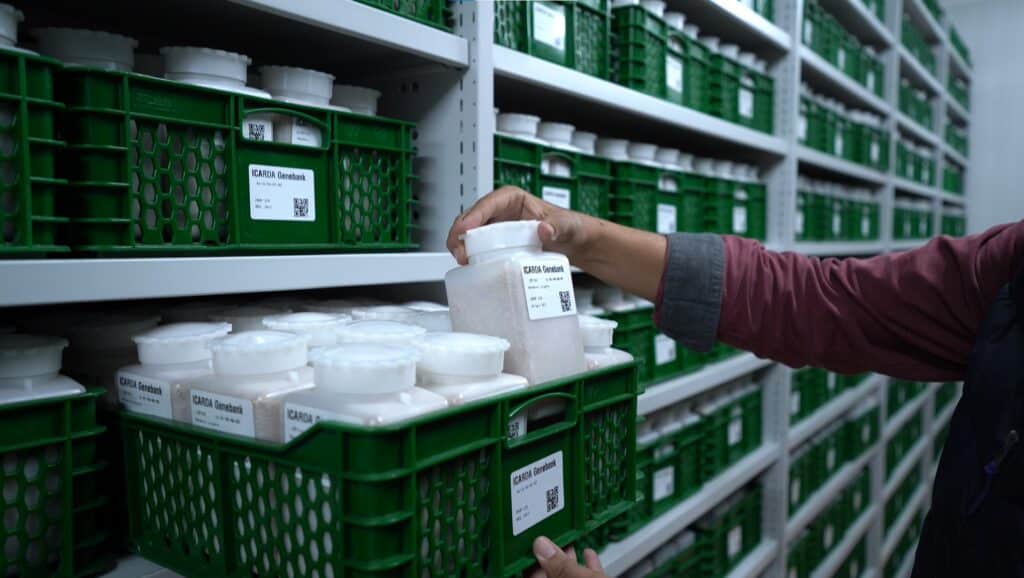
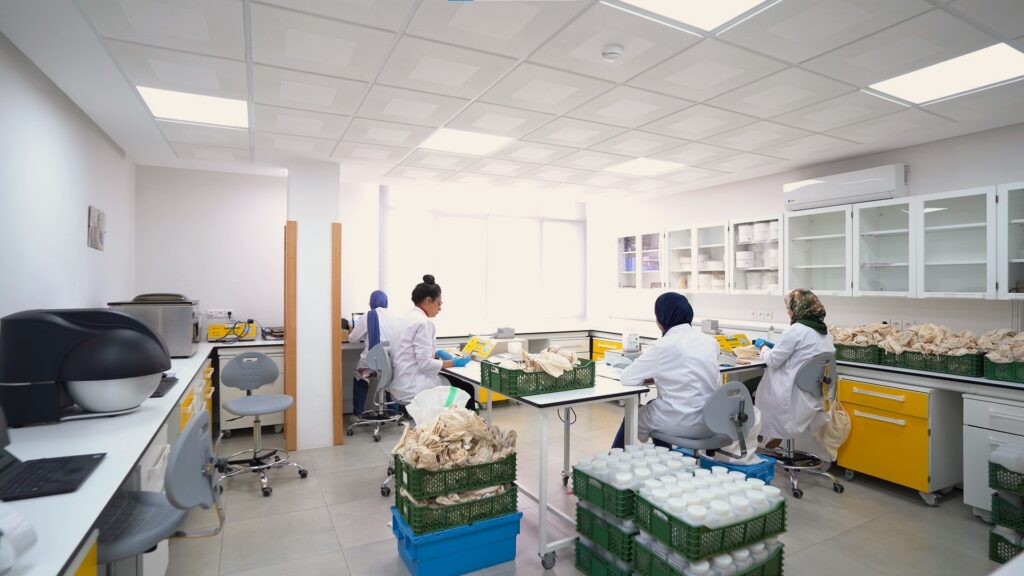
In 2023, we characterized over 3000 accessions of wheat, barley, chickpea, and lentil from our collections, identifying genetic keys for resistance to heat, drought, pests, and diseases. We then support global agri-resilience by distributing around 20,000 accessions annually to National Agricultural Research and Extension Services, public and private breeding programs, universities, and our sister CGIAR centers.
Plant accessions
regenerated
Crop varieties released by
national partners
Breeding lines distributed to
partners in 43 countries
In 2023, we distributed climate-smart elite crop lines to over 44 countries. Notably, the ICARDA/INRA Morocco Research Platform, with support from the Crop Trust, collaborated with world-leading scientists to deliver six groundbreaking new durum food and fodder wheat and barley varieties to farmers.
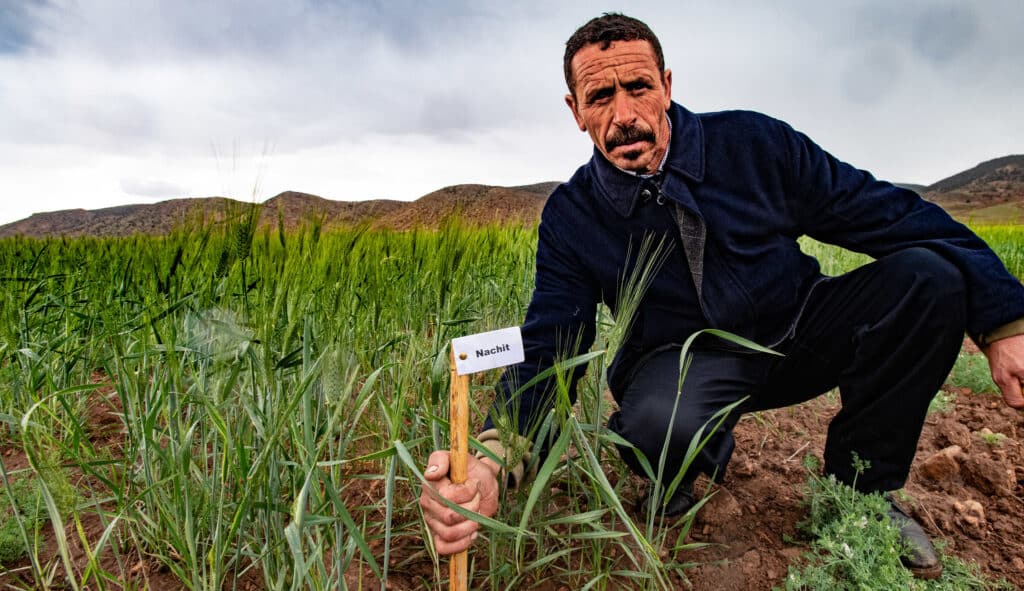
These climate-smart crops can withstand severe heat and droughts and resist pests like the Hessian fly, which devastates cereal crops. Supported by the African Development Bank, ICARDA climate-smart wheat varieties were also cultivated across 50,000 hectares in Eritrea under the Technologies for African Agriculture Transformation (TAAT) project.
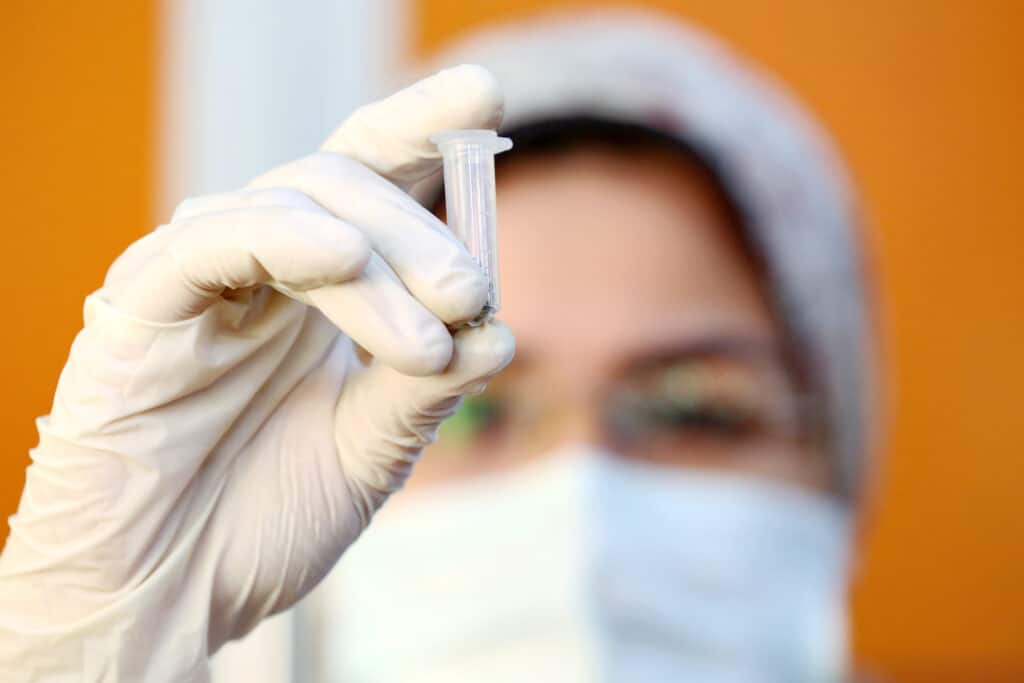
ICARDA’s forty-year legacy of protecting plant biodiversity focuses on alternative crops with untapped genetic potential for climate resilience. Many of these crops, particularly pulses, are indigenous to the CWANA region and naturally thrive in harsh dryland conditions
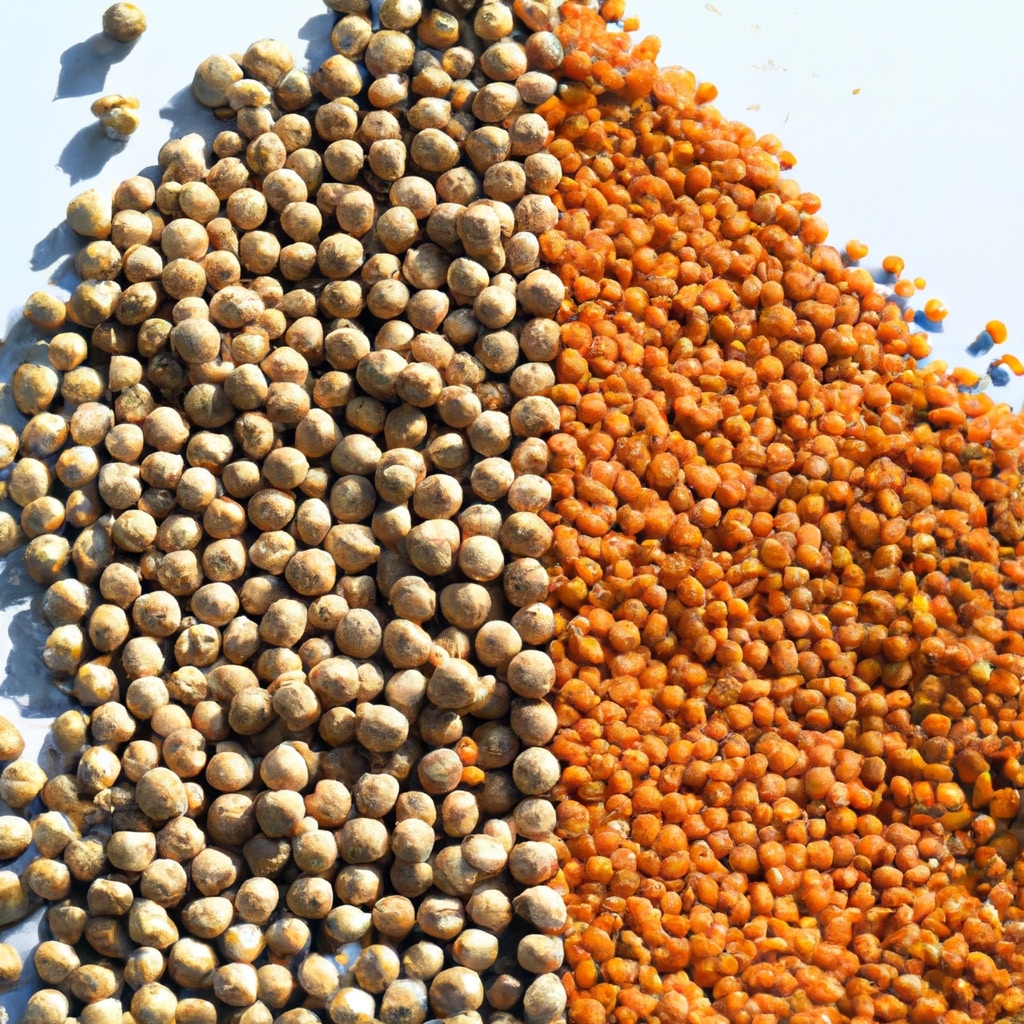
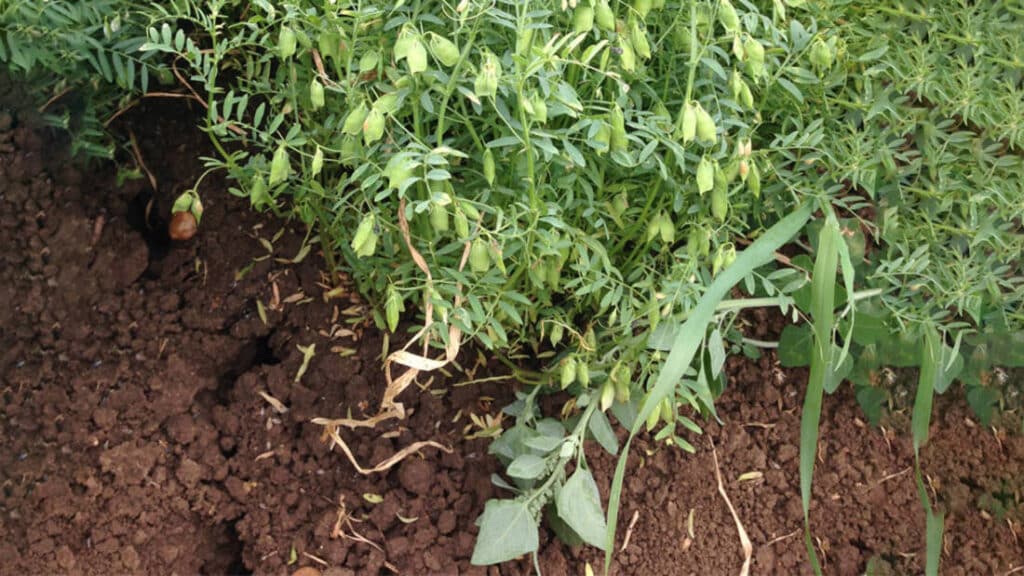
In 2023, we launched a collaboration with Terres Inovia to enhance the genetic diversity of French lentils and chickpeas, bolstering their climate resilience and nutritional value. Our research also includes breeding climate-smart genes from the wild ancient ancestors of modern-day crops like lentils into today’s cultivated varieties. Meanwhile, results from trials in India with the National Bureau of Plant Genetic Resources and Sher-e-Kashmir University of Agricultural Sciences and Technology show promise of better yields and increased disease resistance, including to Fusarium wilt.
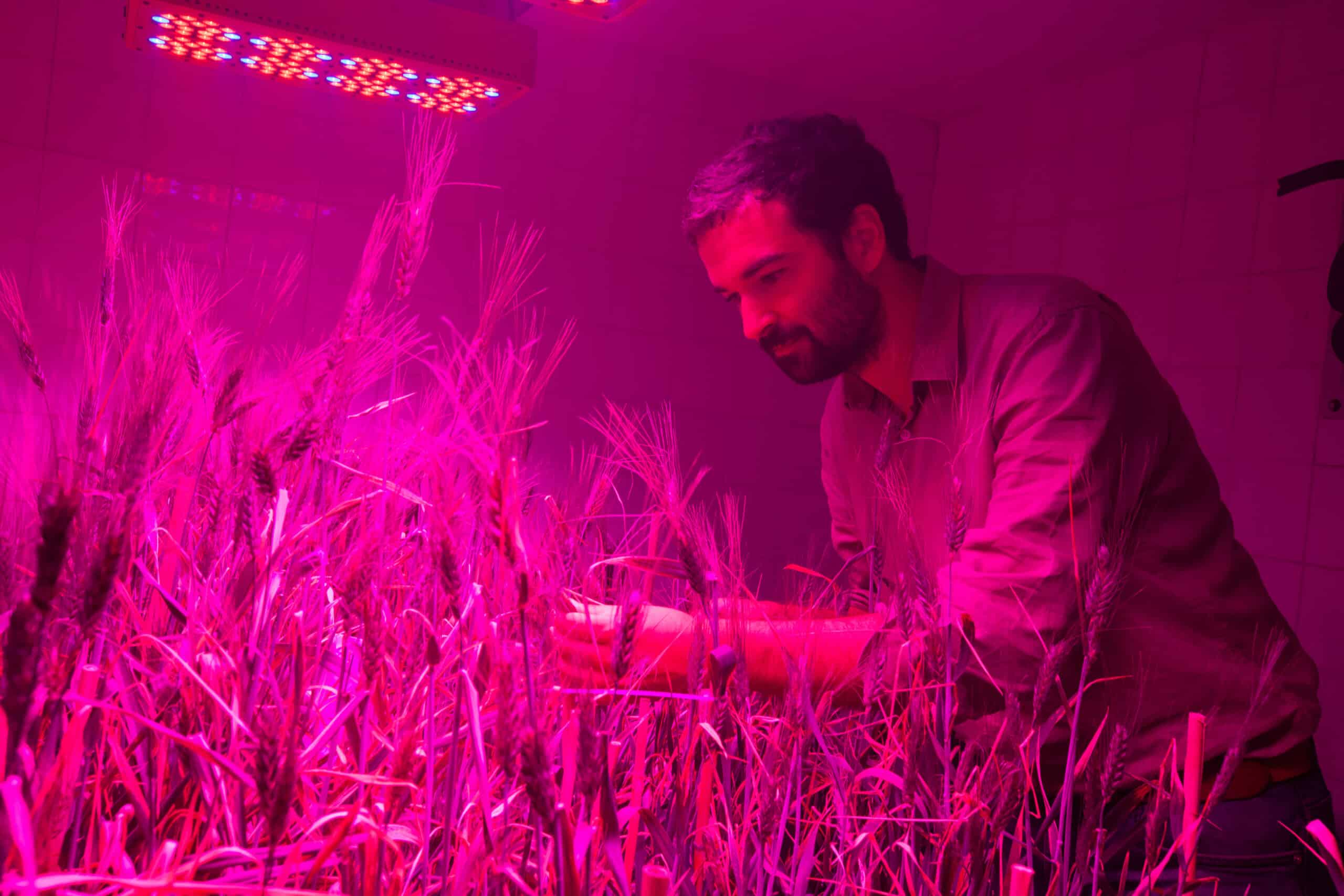
In 2023, ICARDA further optimized advanced technologies to revolutionize breeding programs, making trait selection faster, more accurate, and cost-effective. We now deploy image-based high-throughput phenotyping methods and sophisticated data analysis techniques, including machine learning.
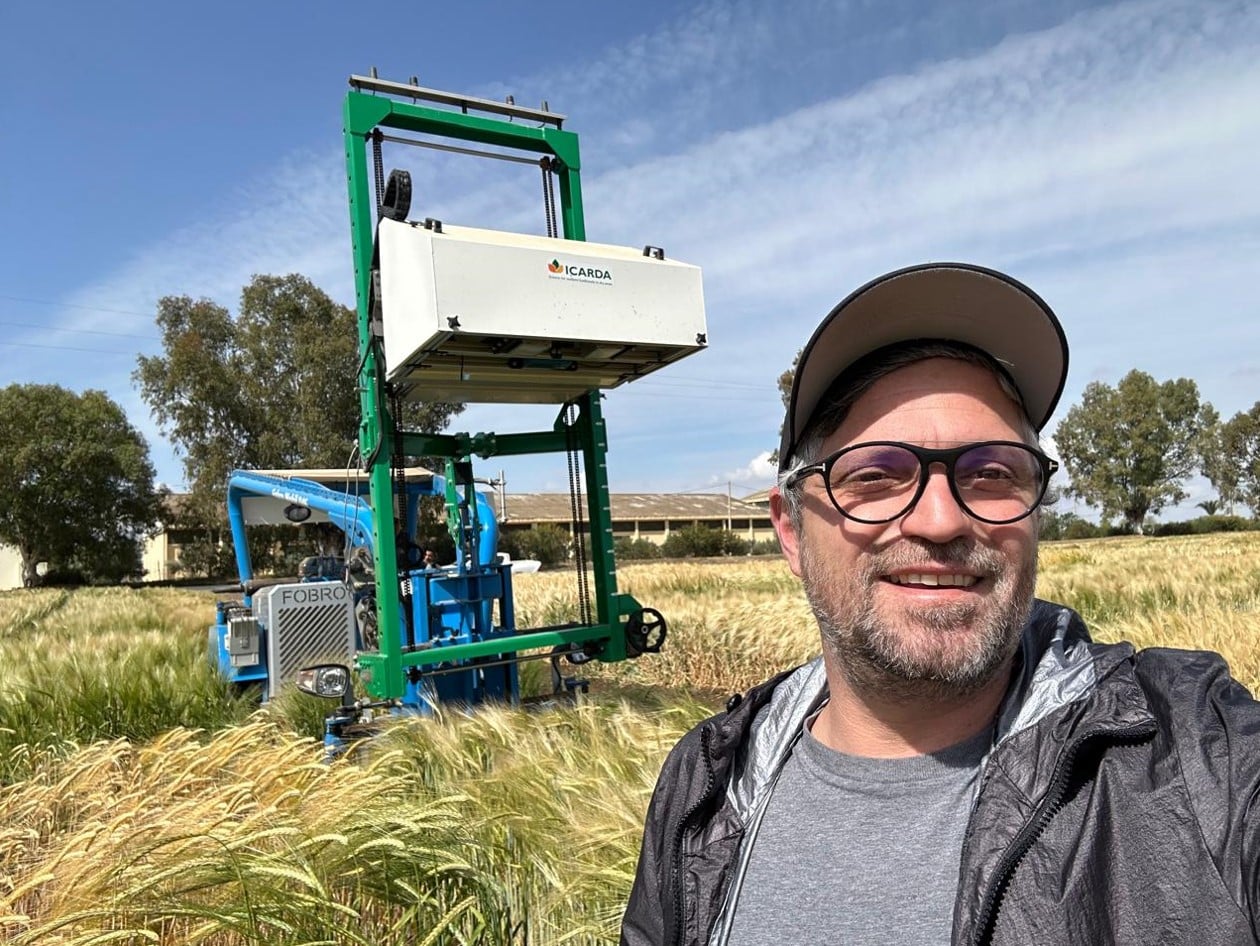
Our PHENOBUGGY, supported by a precision phenotyping platform located at Settat, Morocco, and created in collaboration with the National Institute for Agricultural Research (INRA) of Morocco, now accelerates the gathering and analysis of data from field trials on drought and heat stress tolerance, expediting the supply of elite germplasm to national research institutions (NARES) and other partners.
New varieties of climate-smart crops still need to be tested in real conditions, multiplied, and equitably distributed in sufficient quantities to meet demand, requiring capacity-building across the value chain to ensure that women and marginalized groups are included in research and decision-making. A 2023 ICARDA study on lentil value chain development in Ethiopia published with the University of Columbia highlights the importance of training in technology, business, and marketing, coupled with inclusive policies such as social protection programs to reduce women losing out while offering a framework to ensure more inclusion of women and marginalized groups. Our project empowering women beekeepers in Ethiopia and Uzbekistan uses digital technologies to enhance honey production and sales and illustrates how women can engage in diverse agribusiness opportunities. The research even informed the German Ministry’s Feminist Foreign Policy.